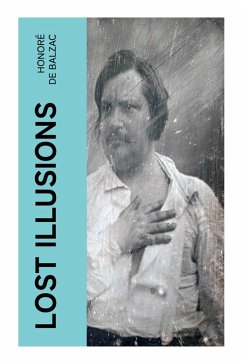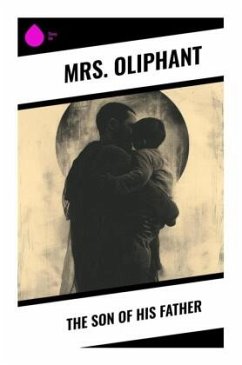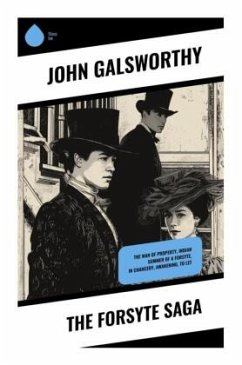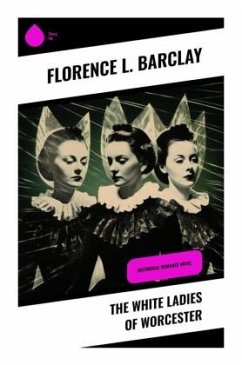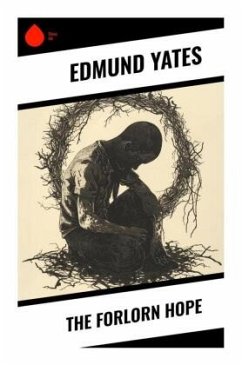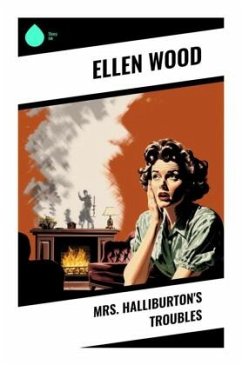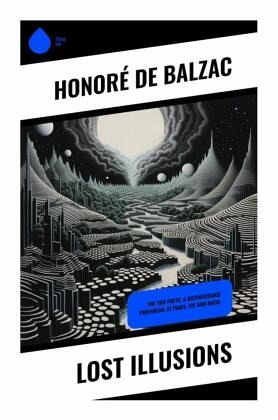
Lost Illusions
The Two Poets, A Distinguished Provincial at Paris, Eve and David
Übersetzung: Marriage, Ellen
Versandkostenfrei!
Versandfertig in 6-10 Tagen
18,30 €
inkl. MwSt.

PAYBACK Punkte
0 °P sammeln!
In "Lost Illusions," Honoré de Balzac intricately weaves a tale of ambition, illusion, and societal disillusionment set against the backdrop of post-Napoleonic France. The novel follows the young poet Lucien Chardon as he grapples with the harsh realities of life in Parisian society, navigating the treacherous intersection of art and commerce. Balzac employs a rich, nuanced literary style that captures the intricacies of human emotion and social dynamics, employing realism that lays bare the moral decay of the era while illustrating the poignant struggles of the individual against an unforgiv...
In "Lost Illusions," Honoré de Balzac intricately weaves a tale of ambition, illusion, and societal disillusionment set against the backdrop of post-Napoleonic France. The novel follows the young poet Lucien Chardon as he grapples with the harsh realities of life in Parisian society, navigating the treacherous intersection of art and commerce. Balzac employs a rich, nuanced literary style that captures the intricacies of human emotion and social dynamics, employing realism that lays bare the moral decay of the era while illustrating the poignant struggles of the individual against an unforgiving social structure. Honoré de Balzac, a keen observer of 19th-century French life, penned this masterwork as part of his larger series, "La Comédie Humaine." His personal experiences in journalism and publishing informed his profound understanding of the tension between creative integrity and capitalist exploitation, influencing his portrayal of Lucien's tragic journey. Balzac's own life was marked by economic challenges and a relentless pursuit of literary recognition, lending authenticity to the struggles depicted in his novel. "Lost Illusions" is a compelling exploration of the sacrifices made in the name of ambition, and I highly recommend it to readers interested in classic literature that examines the complexities of human aspiration and the often bitter taste of reality. Its timeless themes resonate deeply, making it essential reading for anyone seeking insight into the human condition within the framework of societal pressures.



